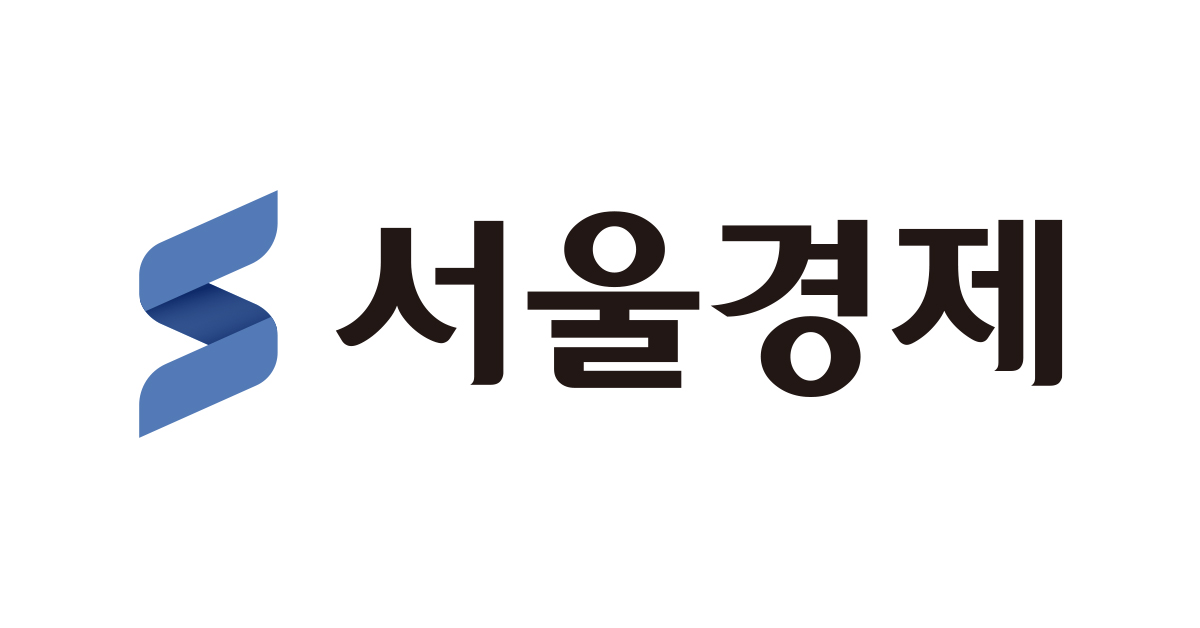The German government has decided to resume vaccination against AstraZeneca’s novel coronavirus infection (Corona 19) from the 19th. To date, 13 cases of cerebral blood clots have appeared after receiving the AstraZeneca vaccine in Germany.
According to Reuters News on the 18th (local time), German Health Minister Jens Schfan held a press conference on the same day and said, “As a result of discussions with the federal government and the agency in charge of vaccine approval, Paul Errich Institute (PEI), we have decided to resume vaccination from tomorrow morning.” said. In addition to Germany, France and Italy have also decided to resume vaccinations, and Spain also announced that they are considering restarting vaccinations.
PEI, a German vaccine approval agency, said the number of cases of cerebral blood clots after receiving the AstraZeneca vaccine increased to 13, of which three died. Of the 13 cases, 12 were women and one was male, and their age range was between 20 and 63, according to German health authorities.
When Germany decided to temporarily suspend AstraZeneca vaccination as a preventive measure on the 15th, the number of cases from seven at the time had nearly doubled in three days. In Germany, a total of 1.6 million people were vaccinated against the AstraZeneca vaccine, and the incidence of these cerebral blood clots is above the average, the German media pointed out. Usually, on average, it is normal for one person to appear.
In the meantime, the European Medicines Agency (EMA) maintained the vaccination recommendations for the AZ vaccine, although the relationship between the very rare types of blood clots and AZ vaccine vaccination could not be clearly ruled out. “This is a safe and effective vaccine,” said EMA Commissioner Emma Cook at a press conference that day. “We need to use these vaccines.”
Earlier, on the basis of PEI’s recommendation that seven cases of cerebral thrombosis occurred after AZ vaccine vaccination on the 15th, Minister Sfan temporarily suspended AZ vaccination in Germany. According to PEI, 6 out of 7 women were between the ages of 20-50 and had symptoms of sinus venous thrombosis. The other male was a case of cerebral hemorrhage while lacking platelets, which was in contrast to the previous female case, the researchers said. PEI said, “All of these cases occurred 4 to 16 days after vaccination. All 7 people complained that they were not feeling well and their headaches got worse after several days after vaccination.” “If you are not feeling well after work and your headache persists, you should seek medical attention immediately.”
/ Reporter Kim Yeon-ha [email protected]
< 저작권자 ⓒ 서울경제, 무단 전재 및 재배포 금지 >
